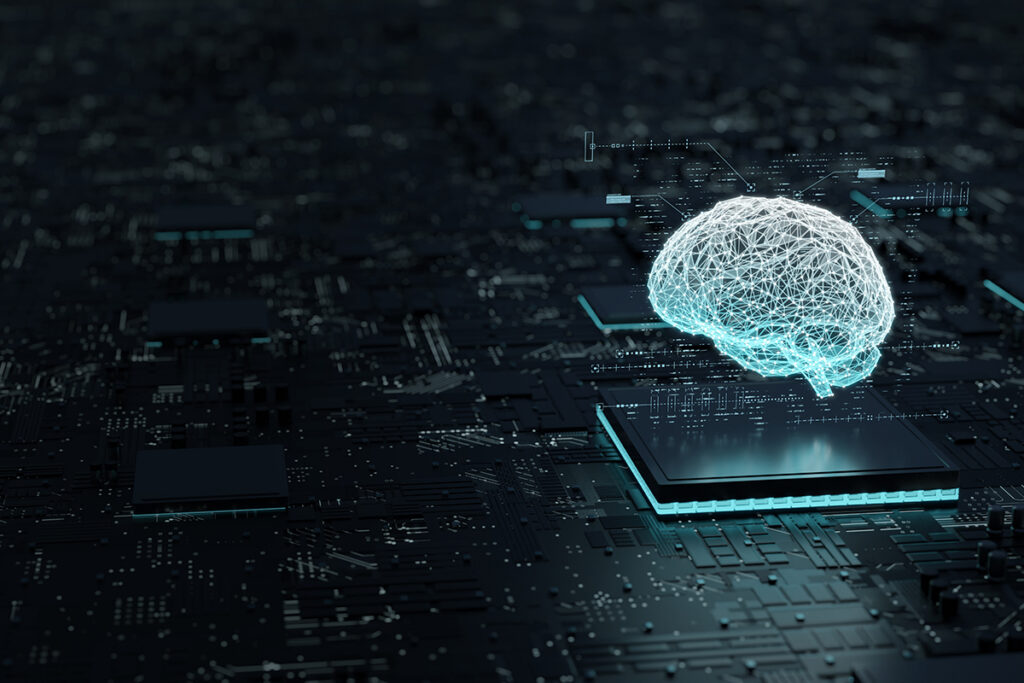The origins of human consciousness represent one of the most profound mysteries in science. While anesthesia and other interventions can temporarily disrupt consciousness, the underlying mechanisms behind this complex phenomenon remain unknown. Scientists have long debated whether consciousness arises from the integration of brain activity or from the exchange of information across neural networks. A more unconventional theory, however, has been gaining traction: could consciousness emerge from quantum entanglement?
In 1989, physicist Roger Penrose proposed a revolutionary idea—that consciousness might depend on quantum phenomena, particularly quantum entanglement. According to Penrose, the human brain may possess computational abilities far beyond those of classical computers, allowing it to tackle problems like Gödel’s incompleteness theorems and other non-computable phenomena. Quantum entanglement, where particles become interlinked and share information in ways that defy classical physics, could be the driving force behind this extraordinary capability. Although initially dismissed, this theory is now experiencing a resurgence.
A key challenge to Penrose’s hypothesis lies in the delicate nature of quantum states, which are highly susceptible to environmental interference, especially in warm and chaotic conditions like those in the human brain. Recent studies, however, suggest that microtubules—tiny structures within neurons—might provide a stable environment to sustain quantum entanglement. These microtubules could act as quantum processors, shielding quantum states from disruption and potentially playing a pivotal role in consciousness.
Emerging research supports this connection. In one groundbreaking study, drugs targeting microtubules delayed the effects of anesthesia in rats, hinting at a possible link between microtubule function and conscious awareness. Although preliminary, these findings have inspired new investigations into how microtubules might contribute to the quantum basis of consciousness.
Building on this foundation, researchers are now exploring bold experiments to directly test the relationship between consciousness and quantum mechanics. A pioneering project led by scientists, including Hartmut Neven from Google’s Quantum AI lab, aims to link the human brain with a quantum computer. This experiment seeks to create a quantum superposition involving both the brain and the quantum computer, potentially resulting in a more intricate and expansive form of consciousness.
This innovative approach challenges Penrose’s original theory, which posited that consciousness arises when a quantum superposition collapses. Instead, the new hypothesis suggests that consciousness could emerge when the superposition itself is formed. By entangling qubits in a quantum computer with neural qubits in the brain, researchers hope to amplify the richness of conscious experiences, creating a more sophisticated awareness that requires significantly more computational power to describe.
The proposed “expansion protocol” involves a direct interaction between the brain and a quantum computer, theoretically enhancing consciousness by establishing a shared quantum superposition. If successful, this experiment could offer compelling evidence for the quantum nature of consciousness and provide unprecedented insights into how the brain processes information at the quantum level.
However, this ambitious endeavor faces numerous hurdles. The invasive procedure required to connect the brain to a quantum computer presents significant technical and ethical challenges. Additionally, alternative theories that do not rely on such invasive methods, such as those investigating the effects of inert gases like xenon on consciousness, may offer more immediate results.
Despite these obstacles, the notion that quantum mechanics might underpin consciousness continues to fascinate scientists and researchers worldwide. Advances in quantum physics and neuroscience are gradually bridging the gap between these fields, fueling hopes of unraveling this profound mystery. As experimental techniques evolve and interdisciplinary research deepens, the quest to decode the enigma of consciousness promises to remain a captivating scientific frontier for years to come.


